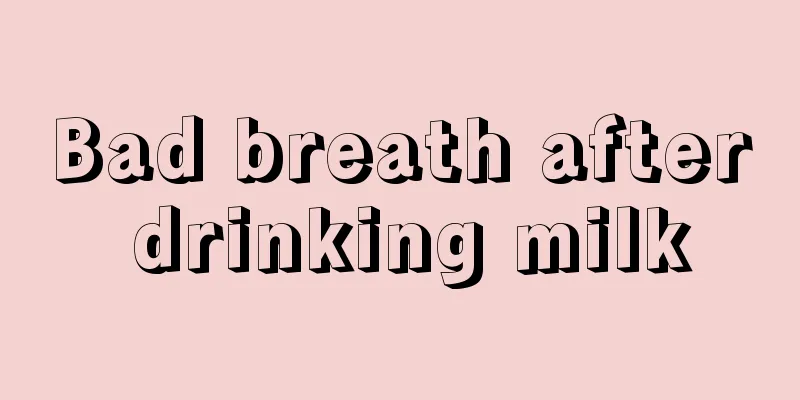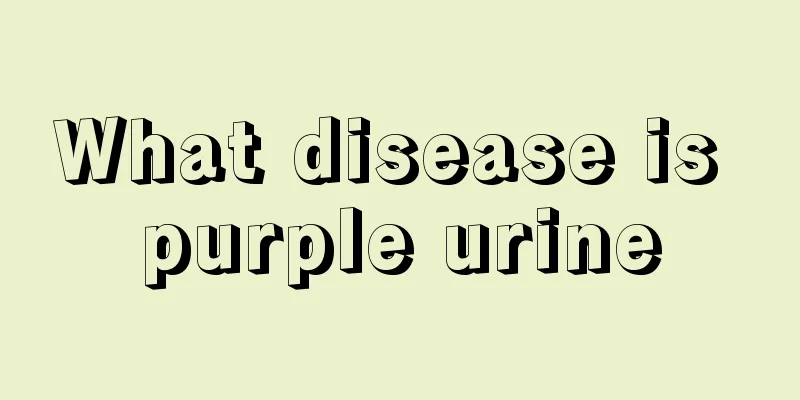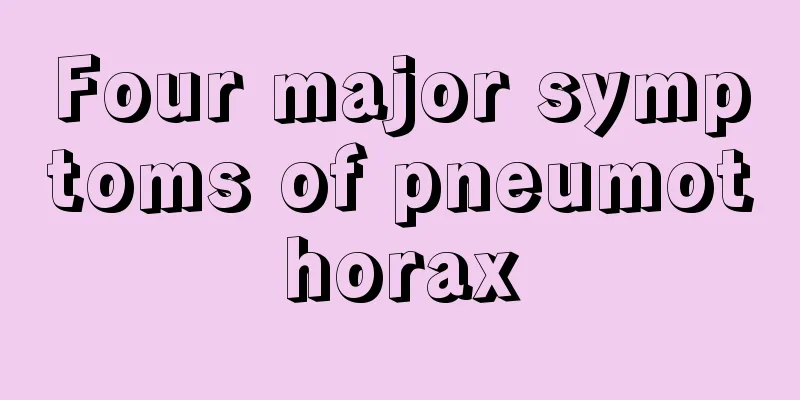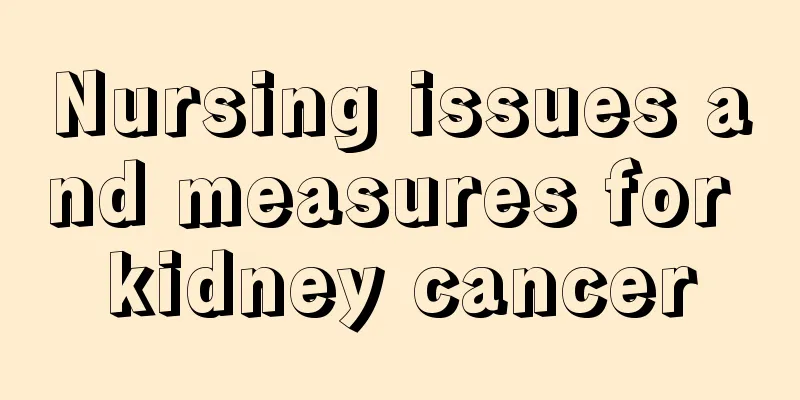What are the main symptoms of internal hemorrhoids?

|
Hemorrhoids are a painful condition, and there will be pain in the anus. You can use salt water to clean the anus to reduce inflammation. Hemorrhoids should be treated symptomatically in a timely manner, and early detection and treatment should be carried out early. For hemorrhoids, the daily diet should be light, and spicy foods such as peppers should be avoided. Drink more warm water, and eating more vegetables and fruits is beneficial for detoxification. Do not sit for long periods of time. What are the main symptoms of internal hemorrhoids? Let’s take a look at it next. 1. One of the symptoms of internal hemorrhoids is itching: due to the stimulation of secretions or prolapsed hemorrhoids, the area around the anus becomes damp and unclean, causing eczema and itching. The itching is sometimes caused by the reflex effect of prolapsed internal hemorrhoids. 2. The second symptom of internal hemorrhoids is mucus discharge: the rectal mucosa is stimulated by hemorrhoids for a long time, causing increased secretions; in the late stage of internal hemorrhoids, due to the relaxation of the anal sphincter, secretions often flow out of the anus. In mild cases, it will flow out during bowel movements, and in severe cases, it will flow out naturally even when not having a bowel movement, contaminating the underwear and causing great inconvenience to the patient. When internal hemorrhoids prolapse, the discharge is greater. 3. The third symptom of internal hemorrhoids is pain: Simple internal hemorrhoids are generally painless, and sometimes only cause a feeling of heaviness in the anus or difficulty in defecation. If the hemorrhoids are inflamed and swollen, there may be thrombosis or incarceration inside, which will cause pain; if they are prolapsed and not repositioned in time, the pain will worsen; if incarceration occurs, there is ulceration and necrosis, causing inflammation and edema of the anal margin, the pain will be severe and the patient will be restless and unbearable. 4. The fourth symptom of internal hemorrhoids is blood in the stool: bleeding during or after defecation, the color is bright red, sometimes there is a small amount of blood on the surface of the stool, or the toilet paper is stained red, sometimes it is dripping blood or spurting blood. Because feces abrades the mucosa, or because of excessive force during defecation, the pressure in the blood vessels increases, causing varicose veins to rupture, resulting in spurt-like bleeding during defecation. Long-term and repeated bleeding, or multiple heavy bleeding, can also cause anemia. 5. The fifth symptom of internal hemorrhoids is prolapse: As the volume of hemorrhoids increases, they are squeezed by feces during defecation, causing them to gradually separate from the muscle layer and prolapse out of the anus. Sometimes 1-2 hemorrhoids prolapse at the same time, and sometimes all hemorrhoids and rectal mucosa prolapse together. Initially, it only comes out during defecation and can return to its original position after defecation. For those with more severe symptoms, the prolapse must be pushed back by hand or rest in bed before it can be restored. For those with more severe symptoms, in addition to prolapse during defecation, it may also occur with any exertion, walking, coughing, sneezing, squatting, etc. Prolapsed hemorrhoids are very susceptible to infection, and often become incarcerated due to inflammation, edema, and pain, resulting in difficulty in reduction and other diseases. 6. Symptoms of internal hemorrhoids 6. Internal hemorrhoid attack: The symptoms of internal hemorrhoids are usually mild and without great pain. If there is constipation or diarrhea, or excessive fatigue, the symptoms will suddenly worsen, which is called internal hemorrhoid attack. When internal hemorrhoids attack, the hemorrhoids suddenly swell, protrude, burn, and hurt, and feel throbbing and like a foreign object. Due to the squeezing of dry feces, it is easy to rupture, bleed, and cause tenesmus. The attack lasts for 3-5 days. If treated properly, the swelling will gradually dissipate, the blood clots will be absorbed, and the hemorrhoids will soften and shrink. Sometimes the swelling does not go away, and hemorrhoids may become necrotic due to infection, suppuration, ulceration or obstructed blood circulation. |
<<: Is there any way to relieve itching
>>: What to do if you have a neuralgic flat headache?
Recommend
What is aortic sclerosis and what are the preventive measures?
Aortic sclerosis causes the blood vessel walls of...
How to treat moles on the buttocks
The area where hemorrhoids grow is very private, ...
What can't you eat during breast cancer chemotherapy?
What should not be eaten during breast cancer che...
Why is my belly getting bigger and bigger
I believe that many people in life have had this ...
Difference between drug-eluting balloon and stent
Many friends will ask about the difference betwee...
Is it good to soak your feet with the residue of used Chinese medicine?
Nowadays, foot soaking is not just something that...
Will nasopharyngeal carcinoma cause pneumonia after radiotherapy?
Radiotherapy for nasopharyngeal carcinoma is a lo...
Why does my chest hurt when I smoke?
We often see advertisements saying that smoking i...
Side effects of putting ginger slices in the belly button
Although ginger is a food ingredient, it has many...
What should I do if my double eyelid surgery goes wrong?
Double eyelids are a common eye shape in life and...
Can bladder cancer be transmitted through blood?
Nowadays, people's living standards have impr...
What are the symptoms of blocked lung meridian?
The human body structure is very complex, with me...
Reasons for being hungry easily
I believe everyone has experienced hunger. We usu...
How to make Chaihu Xiegan Decoction
I wonder if you have ever drunk Chaihu Xiegan Dec...
What to do if 502 glue splashes into eyes
The characteristic of 502 glue is that it is easy...









